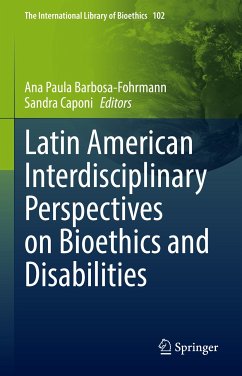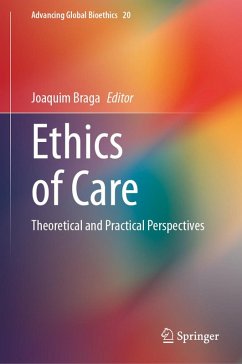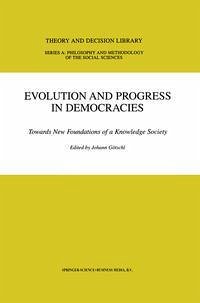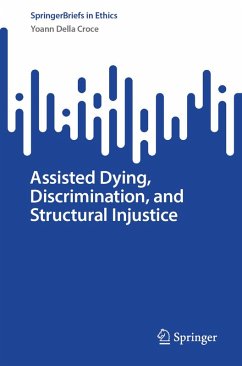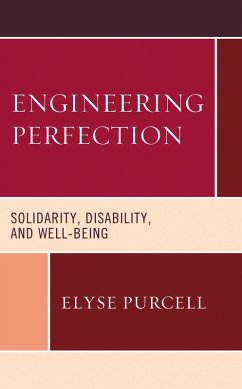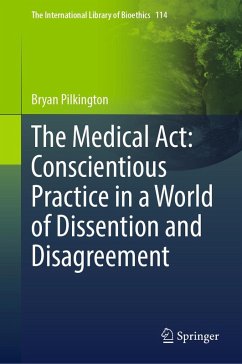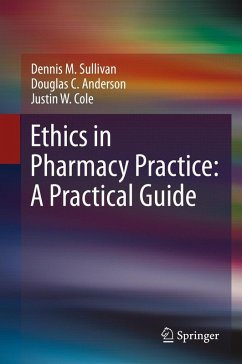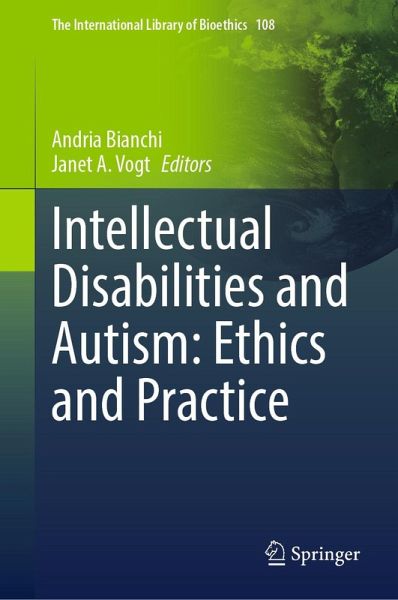
Intellectual Disabilities and Autism: Ethics and Practice (eBook, PDF)
Versandkostenfrei!
Sofort per Download lieferbar
96,95 €
inkl. MwSt.
Weitere Ausgaben:

PAYBACK Punkte
48 °P sammeln!
This book meaningfully reflects upon difficult, timely, and debated ethics questions relating to people with intellectual disabilities (IDs) and autistic people. The book challenges now dated perceptions and introduces innovative ideas by leading scholars regarding some of the most complex, controversial, and relevant ethical dilemmas involving these neurodiverse populations. People with IDs and/or those on the autism spectrum continue to experience various forms of oppression and unjust treatment across the globe, despite the UN Convention on the Rights of Persons with Disabilities (CRPD).The...
This book meaningfully reflects upon difficult, timely, and debated ethics questions relating to people with intellectual disabilities (IDs) and autistic people. The book challenges now dated perceptions and introduces innovative ideas by leading scholars regarding some of the most complex, controversial, and relevant ethical dilemmas involving these neurodiverse populations. People with IDs and/or those on the autism spectrum continue to experience various forms of oppression and unjust treatment across the globe, despite the UN Convention on the Rights of Persons with Disabilities (CRPD).
The collection explores questions such as: Can people with IDs make informed decisions about their medical treatment, living circumstances, and overall life? What are the ethical implications of selective termination of pregnancy based on a gene linked to a condition conferring intellectual impairment? How can we ensure that people with IDs and autistic people are meaningfully included in research? Can people with IDs successfully parent? How can we support the capabilities of neurodiverse populations such that they enjoy the rights afforded by the CRPD? Each contributor critically examines how we can move forward to create a world that understands and respects the rights of every person with ID and/or autism. An indispensable read for bioethicists, ethics students, social justice scholars, and others interested in and working with people with IDs and autistic people.
The collection explores questions such as: Can people with IDs make informed decisions about their medical treatment, living circumstances, and overall life? What are the ethical implications of selective termination of pregnancy based on a gene linked to a condition conferring intellectual impairment? How can we ensure that people with IDs and autistic people are meaningfully included in research? Can people with IDs successfully parent? How can we support the capabilities of neurodiverse populations such that they enjoy the rights afforded by the CRPD? Each contributor critically examines how we can move forward to create a world that understands and respects the rights of every person with ID and/or autism. An indispensable read for bioethicists, ethics students, social justice scholars, and others interested in and working with people with IDs and autistic people.
Dieser Download kann aus rechtlichen Gründen nur mit Rechnungsadresse in A, B, BG, CY, CZ, D, DK, EW, E, FIN, F, GR, HR, H, IRL, I, LT, L, LR, M, NL, PL, P, R, S, SLO, SK ausgeliefert werden.



